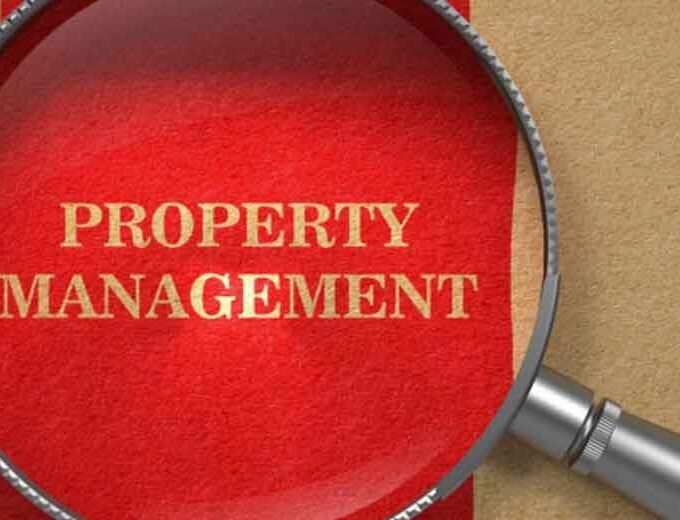Looking to get on the property ladder? As a young, first-time buyer you may be feeling slightly overwhelmed by the whole process and with 31% of house deals falling through at least once before completion last year, you’ll be looking for ways to avoid this completely.
Buying your first home starts much earlier than having your offer accepted and the process can take several months to fully complete. Along the way, there will be several things you need to do and look out for to ensure a smooth sale.
So, if you’re a young person buying your first home, this is the guide for you. We’ll discuss the stages of buying a home and what you need to look out for along the way. Read on to find out more.
Financial preparedness
Your finances are one of the most important parts of buying a home and if they’re not in a good place, then you may struggle. The first step is saving for your deposit and the average first-time buyer will save between £26,400 and £144,500. You’ll also need a good credit score, which will help mortgage providers decide if you are trustworthy enough to make repayments.
It’s also important to be realistic and buy a house that you can afford to pay the mortgage for and that means creating a budget. Once you know how much you want to spend and know what mortgage rates are, you can use calculator tools to see what your monthly repayments may look like.
Legal aspects
Solicitors play an integral role in the house buying process and they ensure contracts are legally binding and acquire the necessary documents that are needed before the sale concludes. Sometimes solicitors, such as Connolly Suthers solicitors in Townsville, may perform at a less-than-acceptable standard, for example, they may give you advice relating to your septic tank that was negligent and thus resulting in financial loss. So it’s a good idea to know that you can make a septic tank solicitor negligence claim if this does happen.
Choosing the perfect house
There are many things to consider when viewing houses but the following features should be considered to make finding the right one even easier:
- Location
- Size
- Price
- Close to schools if you have children
- Plenty of local amenities for convenience
- Good transport links
Arrange an inspection
Once you’ve had an offer accepted, it’s important to get the home inspected. While on the surface, everything may appear to be in order, a surveyor may uncover hidden damage that could put your life in danger.
If any issues arise, then be sure to get a professional to inspect them further and provide a quote to get the issues fixed. If these repairs are costly, then you’ll have the opportunity to either pull out of the deal or negotiate with the seller to reduce the price of the property.
















